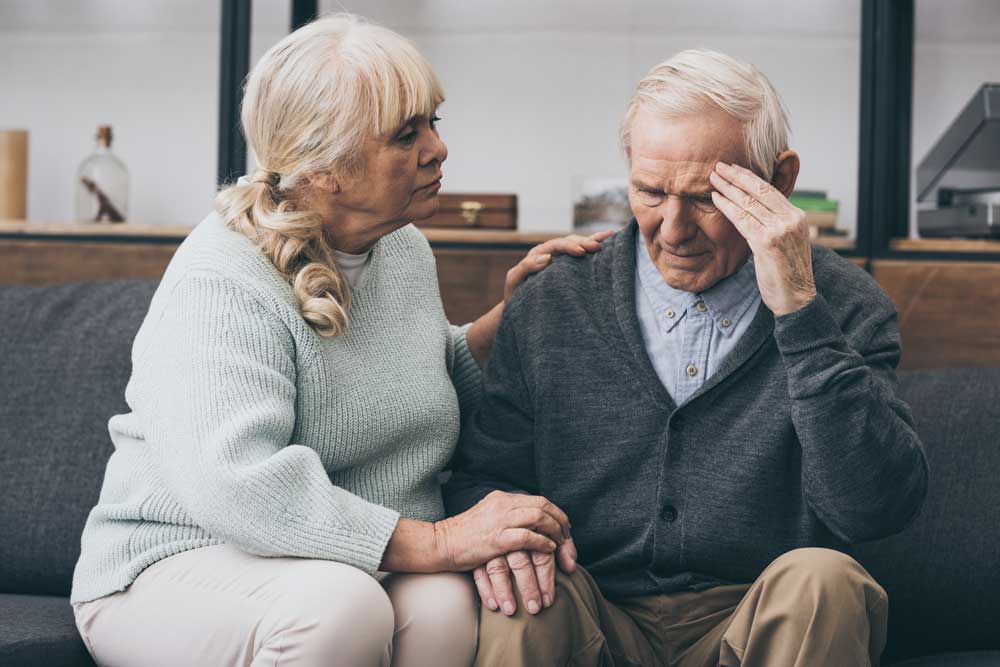If an adult you know is exhibiting signs of depression, the tips below can help you communicate with the individual and guide them in seeking the professional help and support they need.
1. Start by having an open conversation.
One of the most effective ways to get adults to seek mental health help, is to have an open and honest conversation with them. Make them feel comfortable by allowing them to express their feelings and concerns. Many older adults may not understand what depression is and may believe it is normal to feel sad given their health, a loved one’s health, or being isolated. Let them know they are not alone.
2. Explain that depression is a treatable illness.
It’s important that they know that for most people depression gets better with mental health treatment. Therapy, medication, or a combination of both can help. Make clear to your friend or loved one that they do not need to suffer. Encourage them to talk to their GP and to use professional mental health care if needed. Let them know that seeing a GP is essential for treating depression.
3. Help them overcome barriers to treatment.
Be an advocate for them. Adults may face several barriers to accessing mental health care, such as transportation, cost, or stigma. Society often views those living with mental health issues as ‘crazy’ or ‘weak’ which is a huge barrier to those seeking help. Identify and overcome existing barriers to treatment. Help set up medical appointments or accompany the person to their appointment or support group.
4. Promote Social Activity.
Studies show that loneliness and social isolation are associated with higher rates of depression. Try staying in touch by phone or encourage the use of social media, as a means for them to communicate with other friends and family members. Plan activities with your friend or loved one that they will enjoy.
5. Encourage physical activity.
Exercise is not only good for your physical health, but it also supports emotional and mental health. If possible, invite your friend or loved one for a walk. Talk with them about physical activities they might enjoy doing and then plan to take part in that activity with them.
6. Provide ongoing support.
Seeing your GP is an important first step. However, assistance with attending appointments and following through with their treatment plan will also be crucial. Be there to support them throughout their mental wellness journey.




